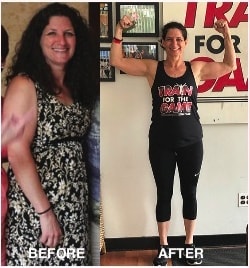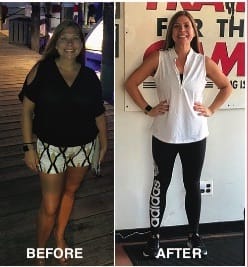As a coach, you want your athletes to train hard, improve, and compete at their best. But here’s the truth: more training doesn’t always mean better performance. In fact, one of the most overlooked aspects of athletic success is recovery.
Young athletes are still growing, and their bodies need time to heal, adapt, and strengthen after intense training. Without proper recovery, they face higher injury risks, decreased performance, and even burnout. So, how can you, as a coach, create a training environment that values both hard work and smart recovery?
The Science Behind Recovery
Every time an athlete trains, their muscles experience micro-tears, their nervous system is taxed, and their energy stores deplete. Recovery allows their body to rebuild stronger, replenish energy, and prevent overuse injuries. Skipping recovery doesn’t just slow progress—it can set athletes back.
Signs your athletes may need more recovery:
✅ Constant fatigue and sluggishness
✅ Persistent muscle soreness
✅ Increased injury frequency
✅ Lack of motivation or mental burnout
✅ Decreased performance in practice or competition
How Coaches Can Support Recovery
🏋️♂️ Schedule Active Recovery – Not every session needs to be intense. Incorporate low-impact activities like stretching, yoga, light drills, or even fun team-building exercises to keep movement light while still engaging athletes.
💤 Emphasize Sleep & Nutrition – Young athletes need 8-10 hours of quality sleep per night for proper muscle repair. Educate them on refueling with protein, healthy carbs, and hydration to optimize recovery. Consider bringing in a sports nutritionist to reinforce these habits.
🛑 Teach Listening to the Body – Push-through-the-pain mentalities lead to overuse injuries. Encourage athletes to recognize when soreness is normal and when it’s a sign to back off. A well-timed rest day can prevent weeks or months on the sidelines.
🎯 Incorporate Periodization – Design training cycles that include built-in recovery days and lighter weeks to prevent chronic fatigue. This structured approach keeps athletes fresh and progressing safely.
🧘 Prioritize Mental Recovery – The pressure to perform is real. Allow space for mental downtime, whether it’s through mindfulness exercises, team discussions, or even just a fun, pressure-free practice. A mentally strong athlete is a physically strong athlete.
The Best Athletes Recover Like Pros
At every level of sports, recovery is part of the process, not a sign of weakness. The best athletes train hard, but they also rest smart. As a coach, you have the power to create a culture that values recovery just as much as effort.
By teaching young athletes that taking care of their bodies is what leads to long-term success, you’re setting them up for a future of strong, healthy performance—both on and off the field.


